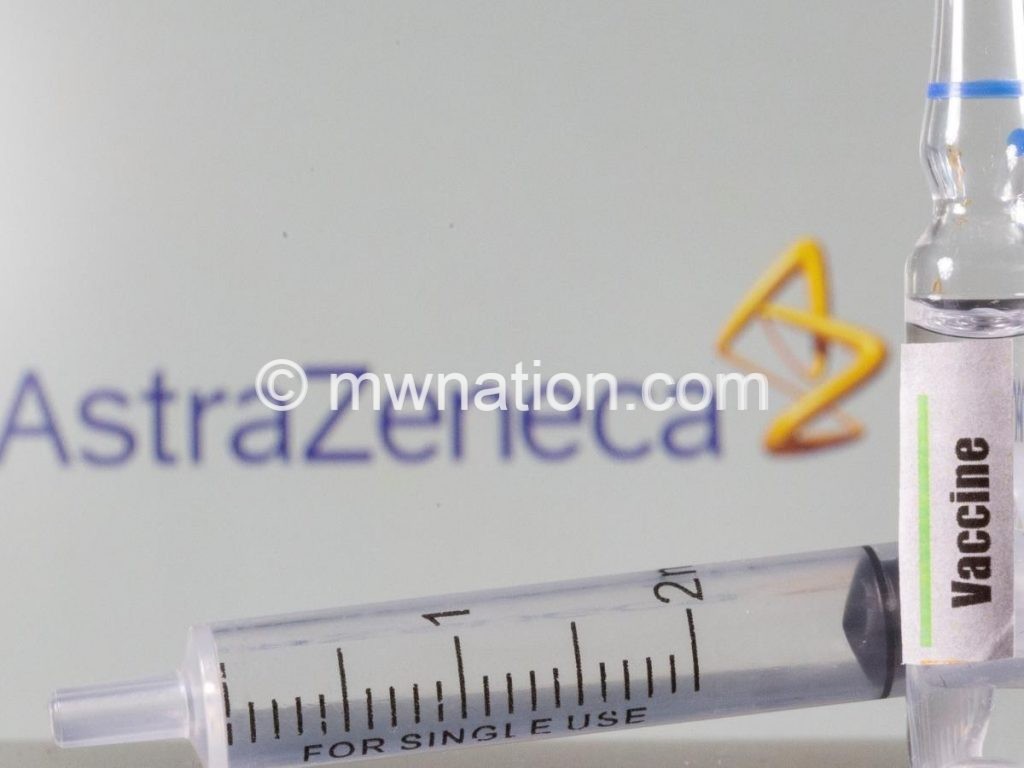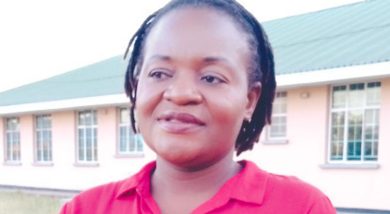Vaccine misinformation worries govt, others
Minister of Health Khumbize Chiponda has asked stakeholders in the fight against Covid-19 to step up sensitisation campaign on the safety of the vaccination government is expected to roll out in the country soon.
The minister made the call in an interview on Thursday amid what she called “deepening misinformation” on the Covid-19 vaccine, which she said could potentially make Malawians shun the vaccine.
Countless conspiracy theories have been spreading through various social media platforms discouraging people from taking the vaccine.

Chiponda said the levels of misinformation were worrying and that government has engaged faith groups, traditional leaders, civil society organisations, the media and legislators in a sensitisation campaign on the safety of the vaccine.
Said the minister: “We are not against people discussing it or asking questions about the vaccine. People have to ask as many questions as they can, and we will happily address those questions. Our greatest concern is when lies are recklessly peddled against the vaccine.
“Many Malawians begin to believe these unfounded and negative messages and they are afraid. This vaccine is safe. We desperately need this vaccine to save lives. Our specialists and doctors are involved in the whole process.”
Chiponda emphasised that the vaccine is not compulsory, adding it is the responsibility of all stakeholders to urgently spread the success message on the vaccine to the masses and help to dismiss the unfounded theories making rounds.
In a separate interview, Malawi Health Equity Network (Mhen) executive director George Jobe said plotters of the misinformation campaign at international level are well-funded to destabilise the smooth distribution of the Covid-19 vaccine, at times involving professionals in the medical sector to peddle unfounded claims against the vaccine.
He said it is worrying that negative literature about the Covid-19 vaccine keeps spreading, with no open evidence and with some connecting it to religion.
Jobe said: “It is good that Malawi, through President Chakwera, made it clear that the country will take the vaccine. Before that declaration, people were not sure what position the country would take.
“As Mhen, we have been closely working with government and we can assure Malawians that local scientists and specialists are involved. I don’t think government would be that callous to give Malawians something harmful. We know there are always these side effects from every vaccine. These are things that have to be explained to the recipients of this vaccine.”
He urged government to fast-track the sensitisation campaign and ensure all stakeholders are involved to reach every corner of Malawi with the messages.
Said Jobe: ” Political leaders, ministers and legislators, should be in the forefront to receive the Covid-19 vaccine publicly when it comes. This will help to allay fears that have engulfed a larger group of Malawians and build confidence.
“We must accept that damage has been caused by these misinformers. But this has to be corrected by giving Malawians accurate information about the vaccine, we do not have time, it has to be now.”
However, Malawi Watch executive director Billy Banda has blamed the Tonse Alliance administration for not doing enough to educate Malawians on the Covid-19 vaccination, including how government intends to implement it.
But in a separate interview, Minister of Civic Education and National Unity Timothy Mtambo dismissed Banda’s assertions, arguing government is doing everything it can to educate Malawians on the pandemic.
The minister said when President Lazarus Chakwera declared Covid-19 a State of National Disaster, he asked international agencies and the private sector in the country to support the fight against the pandemic.
Close to 900 million doses, according to the World Health Organisation (WHO), have been secured for the African continent through various initiatives, enough to inoculate about 30 percent of the continent’s 1.3 billion people this year.
Neighbouring Tanzania is on record to have declared no interest in accessing the highly publicised Covid-19 vaccine, confirming its position as a nation that took a different position on its approach to the fight against the pandemic.
Most African countries, including South Africa which received its first consignment a few days ago, struggled to secure the vaccine.
Tanzanian President John Magufuli has rejected lockdowns and other social distancing measures and instead urged his people to pray in churches and mosques against what he has described as “the Satanic virus”.
Madagascar in November 2020 also rejected the vaccine.
In their joint online publication, African Union (AU) and the Africa Centres for Disease Control and Prevention, in partnership with London School of Hygiene and Tropical Medicine reported that they carried out a survey between August and December 2020 in 15 African countries, including Malawi, which showed that a predominant majority of about 79 percent of respondents, would take the Covid-19 vaccine if it were proved to be safe and effective.
Other countries involved in the survey were South Africa, Uganda, Kenya, Morocco, Niger, Sudan, Ethiopia, Tunisia, Democratic Republic of Congo, Burkina Faso and Senegal.





